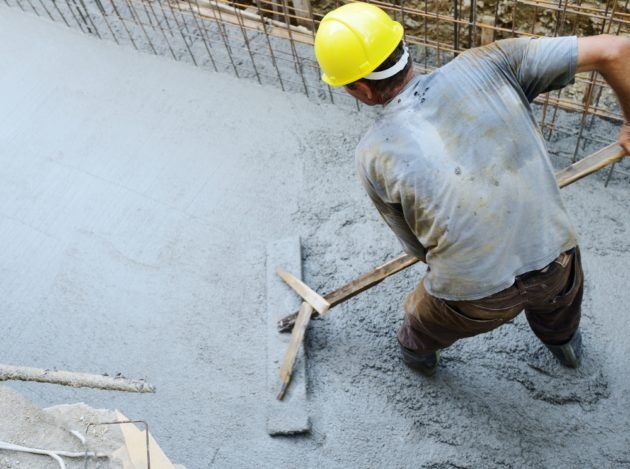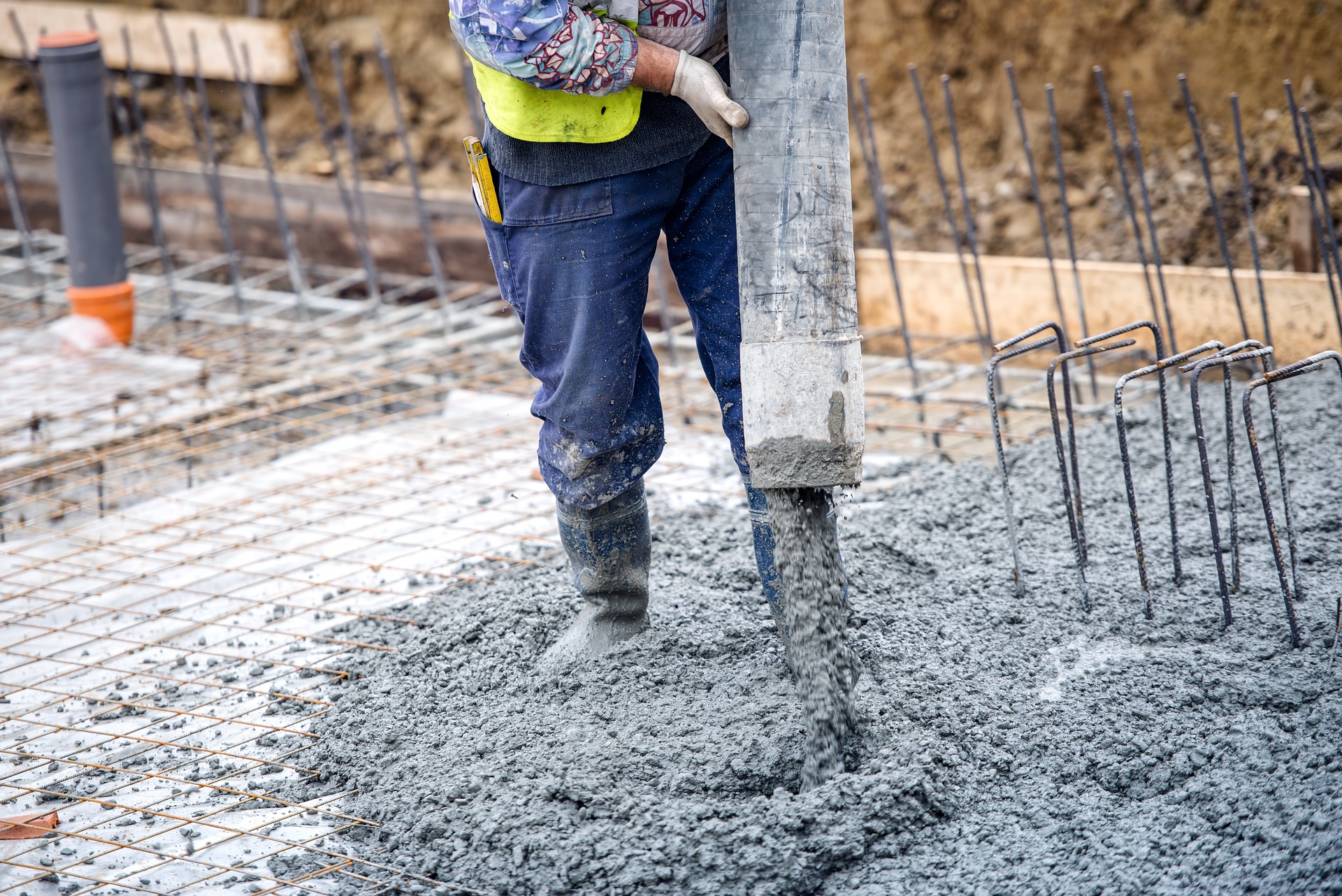Introducing the Eco-Friendly Advantages of Utilizing Recycled Concrete in Lasting Building And Construction Practices
In the world of lasting building practices, the utilization of recycled concrete stands as a critical yet usually underestimated resource. Past its conventional applications, recycled concrete deals a myriad of eco-friendly advantages that extend much beyond the boundaries of traditional construction materials.
Environmental Benefits
By including recycled concrete right into building practices, there is a substantial decrease in the need for brand-new raw materials, leading to preservation of natural sources. Additionally, the usage of recycled concrete decreases the quantity of waste being sent to land fills, consequently decreasing environmental pollution and reducing the stress on garbage dump capacities (Concrete).

Additionally, the production of conventional concrete is a considerable resource of carbon emissions due to the energy-intensive process of cement manufacturing. On the other hand, recycled concrete has a lower carbon impact as it reduces the need for new concrete production. This reduction in carbon discharges contributes to mitigating climate change and supports lasting construction practices. Generally, the ecological advantages of making use of recycled concrete are substantial and play a critical role in promoting environment-friendly building methods.
Cost-Efficiency
Achieving cost-efficiency is an extremely important consideration when analyzing the utilization of recycled concrete in building and construction tasks. One of the vital benefits of utilizing recycled concrete is its cost-effectiveness compared to typical concrete.
Additionally, making use of recycled concrete can cause financial savings in land fill expenses by drawing away concrete waste from disposal sites. This not only lowers the ecological effect yet also removes the prices connected with waste elimination. The sturdiness and efficiency of recycled concrete are equivalent to conventional concrete, making certain that cost financial savings do not endanger the top quality of the building.
Toughness and Stamina
Recycled concrete offers comparable, if not premium, sturdiness and toughness properties to typical concrete - Concrete. Through innovations in processing strategies and quality control, recycled concrete can satisfy or go beyond the performance requirements of conventional concrete.

Waste Reduction
When it comes to making use of recycled concrete, waste decrease is a crucial advantage that contributes considerably to environmental conservation. By incorporating recycled concrete right into building and construction tasks, this waste is repurposed and diverted from land fills, minimizing the total ecological influence of building and construction tasks.
Furthermore, the usage of recycled concrete can lead to cost financial savings for building tasks, as it is typically extra budget friendly than sourcing and carrying brand-new materials - Concrete. In verdict, waste decrease through the use of recycled concrete is a vital element of lasting building and construction practices that profits both the setting and the construction sector as a whole.
Energy Conservation
When it comes to utilizing recycled concrete in construction, substantial power savings are accomplished contrasted to typical concrete production. The process of creating recycled concrete involves squashing and recycling existing concrete products, which consumes much less energy than mining, handling, and transporting raw products for brand-new concrete production.
Final Thought
To conclude, visite site the application of recycled concrete in lasting building practices offers countless environmental advantages, cost-efficiency, durability, toughness, waste reduction, and power preservation. By including recycled concrete into building and construction jobs, we can add to a much more eco-friendly and lasting future. It is crucial for the building and construction sector to focus on making use of recycled products to help in reducing the environmental influence of construction tasks.
One of the essential benefits of using recycled concrete is its cost-effectiveness contrasted to traditional concrete.In addition, the use of recycled concrete can lead to savings in garbage dump prices by diverting concrete waste from disposal websites. The resilience my blog and efficiency of recycled concrete are comparable to traditional concrete, making certain that expense financial savings do not jeopardize the high quality of the building and construction.
